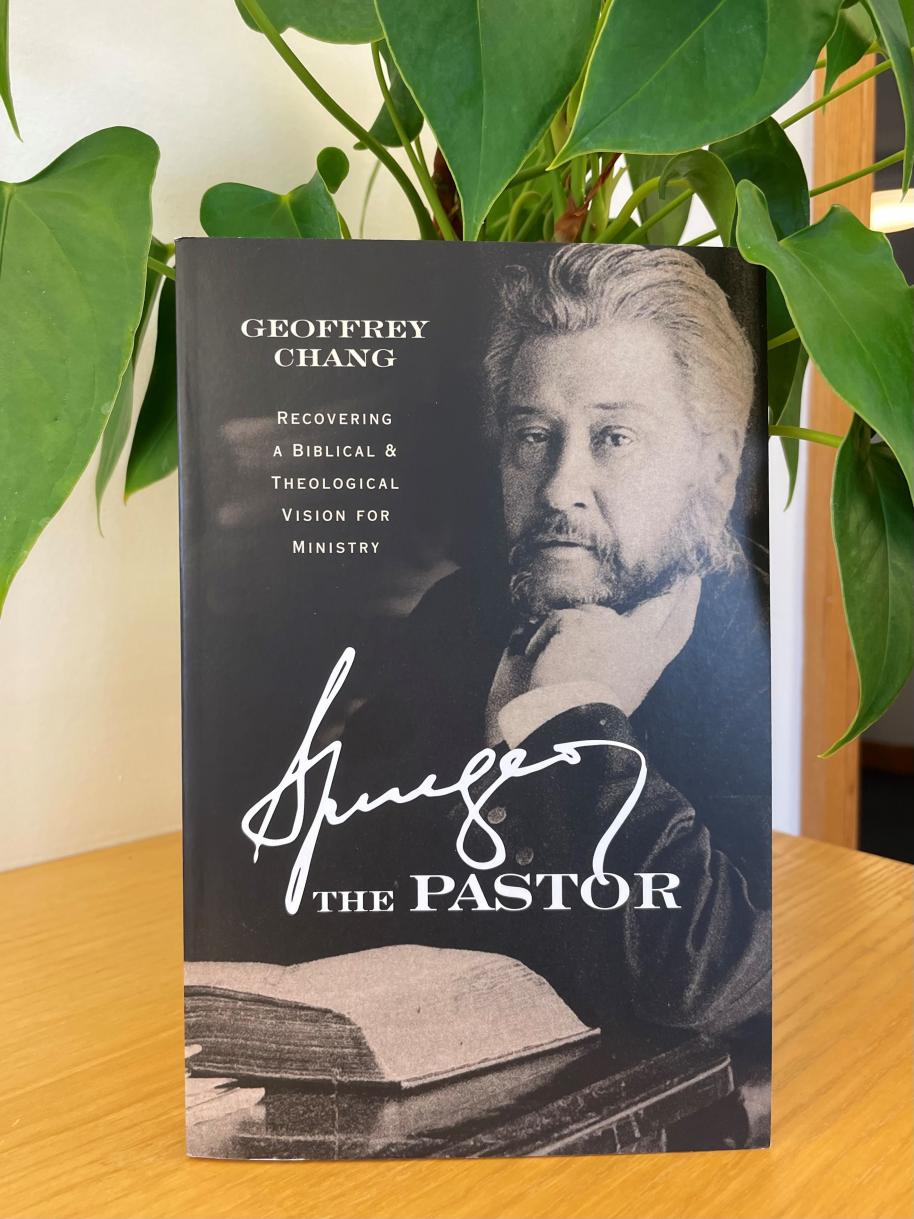Let's Read: Spurgeon the Pastor: The Church Multiplying

Spurgeon the Pastor: The Church Multiplying
By Davy Ellison
Whenever we see someone being celebrated for doing what we are doing there is usually one of two responses. First, we can be jealous or irritated that we have been overlooked. Why should someone else get the plaudits and not us whenever we are doing the very same thing? Second, we can be encouraged that our modus operandi has been recognised as good. Others are getting plaudits for the very thing we are doing so we must be on the right track. These final chapters of Spurgeon the Pastor should elicit the second response. As a theological College—indeed, as an Association of Churches—we are seeing the church multiply just as Spurgeon did. Note just two encouragements.
Being Serious About All Church Service
Spurgeon “rejected any professionalized view of Christian ministry. Instead, he taught his people that the work of the church was to be accomplished by the members of the church” (p. 198). In theological terminology this is the priesthood of all believers. This was based on Spurgeon’s unstinting commitment to proclaiming both the gospel of grace that saves and the imperatives of Christian living that follows (p. 202–204). Such an approach created something of a feedback loop: “As the preaching of the gospel goes out, the church is empowered to serve Christ. And as the church serves Christ in evangelism and ministry, the priority of the gospel is preserved and upheld” (p. 206). The whole church, then, was equipped to serve with the gospel message and lifestyle. The result of this was a range of ministries emanating from the Metropolitan Tabernacle that were not instigated by Spurgeon or the elders, but by the members. Chang concludes: “Rather than relegating ministerial work to their pastor, they joined him in that work and multiplied his efforts far beyond what he could have done. This is what a working church is all about” (p. 218). The ministry multiplied because Spurgeon was serious about all church service—no one was permitted to be a mere spectator or consumer.
The encouragement here is that we too believe in and aim for the priesthood of all believers. Just because we do not get paid for the ministry we do does not mean we should not be doing it. In fact, it is a tremendous gift to the church to have its members freely serving in this way. It multiples ministry.
Being Serious About Theological Training
It is striking that even though Spurgeon had no formal theological training himself, early in his ministry he established the Pastors’ College. He recognised the necessity of training individuals for Christian ministry. Several features of his college reverberate in the Irish Baptist College today. First, it was intimately connected to the local church, with students spending extended time with local pastors and congregations. This too happens today in the College. Second, Spurgeon sought not to exclude anyone for lack of an education—overlooking academic background, “Spurgeon, because of his commitment to train up those called by God to preach, he was willing to take any who showed evidence of that divine call” (p. 226). We too at the College seek to “widen access”, making it possible for those without an academic background to prepare for ministry. Third, it was centred on ministry training not academic research. In Spurgeon’s College, “every subject was geared toward the pastorate, not the academy. A few students did go on to pursue careers in scholarship, but most graduates went on to be pastors and missionaries” (p. 233). So too at the College—at least 75% of our graduates enter ministry.
What an encouragement for our Association of Churches to possess a theological college that prioritises the local church, opens its doors to those with a call on their lives and trains people for ministry. The Irish Baptist College is a gift for the churches on the island of Ireland. I write this not because I work for the College, rather I work for the College because I believe this to be true.
Being Serious About the Church
In the end, “the church is the pillar and ground of truth; not the pastor, or the denomination, but the church, that gathering of faithful men and women under the gospel, set apart from the world by baptism and the Lord’s Supper. It is the church that exists to protect and proclaim the gospel” (p. 250–251). It is for this reason that we must be serious about all church service and theological training, for it is through these avenues that we see the church multiplying.
As I read these final chapters of Spurgeon the Pastor they felt familiar. Chang was celebrating Spurgeon for doing what we are doing. I choose to be encouraged that we as an Association and a College are on the right track—and even if no one else notices, God does.
Reflection
- In what ways can you better serve your local church?
- In what ways can you better serve the Irish Baptist College?
- Pray now. Ask God to help you be more serious about service and theological training. Give thanks to God that the church is multiplying on the island of Ireland.





